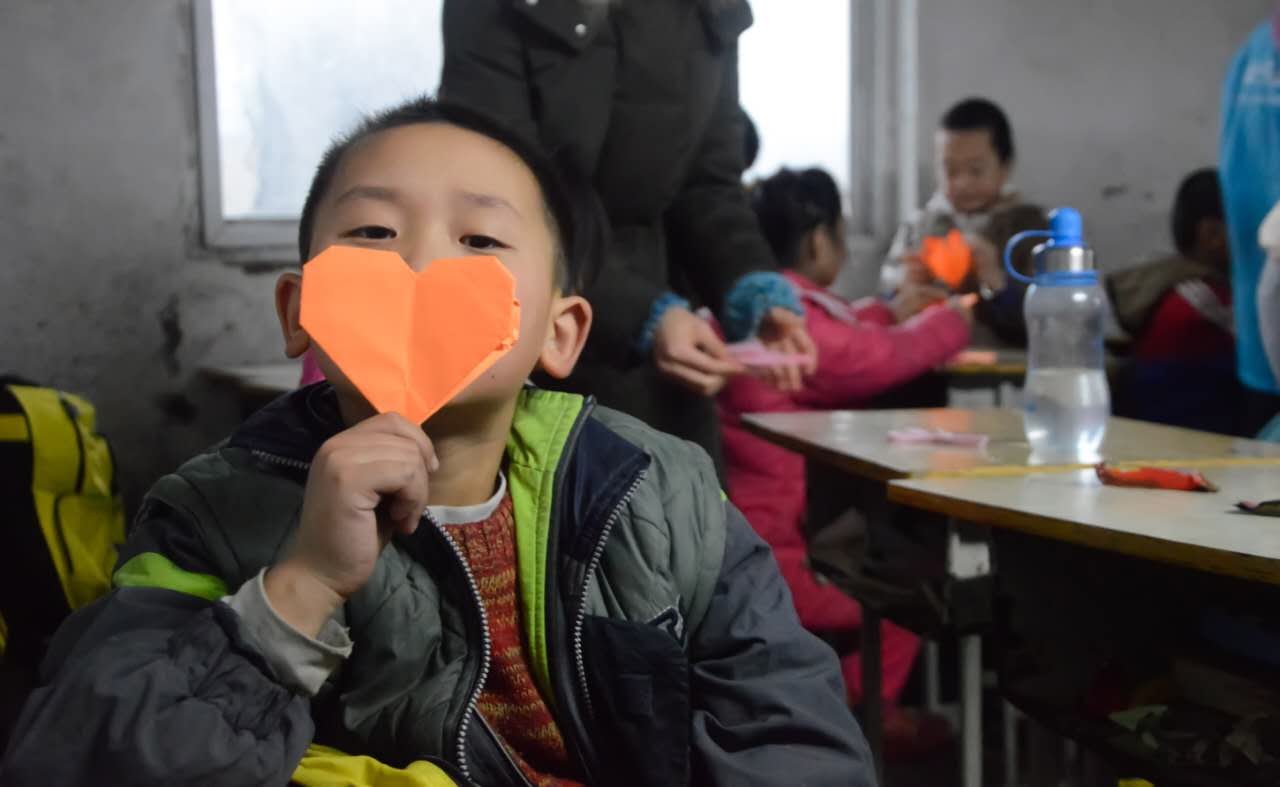Applying Your Experience Abroad to Your Career


If you’ve studied abroad before, chances are you would have attended a re-entry meeting at the conclusion of your program or possibly one back home. Something that will come up during this phase of your study abroad experience will be how to look forward towards your career.
How can one successfully continue to build on the skills and experiences received abroad and transfer them back home? Re-entry is more than figuring out how to re-adjust to life, it’s about how to continue growing and expanding your experience as a whole and being able to align it with your aspirations.

I’m going to share a few points on how we can approach this question through the lens of career development. At the same time, I’m going to integrate some “career questions” that can help you begin to brainstorm ways for you to frame your experience.
Thinking in these terms allows you to translate your experience into several main points that sum up your time in a concise way that you can then easily share with people at home. By listing career points and sharing some examples from my experience, I hope you will be better able to frame your experience in a meaningful new way—whether you’ve studied abroad before, or you plan to in the future.
Career question: What transferable skills did you gain abroad that you can utilize in a job or internship?
Think about all the ways this experience alone sets you apart from other people. Study abroad can demonstrate lifelong learning, time management, and budgeting, to name a few. Take learning, for example. The great thing about studying abroad is that you get to look at how you learn from a new perspective.
Academics are different across borders, and the differences can help you realize your best learning environment. It also shows employers that you are capable of adapting and learning new skills down the road—as job environments are likely to change. This is especially true if you plan on setting up a budget for yourself when going abroad. Applying a budget to your experience will demonstrate to employers that you are money-smart and can manage budgets that may be a part of your future career.
There are many skills you can acquire from studying abroad, I have only named a few here. Whatever your experience may be, reflect on that. Draw out skills that you earned and that will work best on your resume for the field of work you are looking to enter.
Career Question: Did you complete any coursework or have specific work experiences, such as volunteering or interning, that directly relate to your field of study or future career path?
Maybe you completed research, volunteered, had an internship, took major-specific courses that gave you an international perspective on your field of study, or you made great advancements in your foreign language study.
I took advantage of some of the volunteer opportunities and participated in student organizations at my host campus. I had an awesome opportunity to volunteer at a nearby primary school for migrant children. This was a school that educates children from low-income families who, coming from the countryside, do not have privileges of the city education system.
This experience will show employers that I value community and promoting equal education; these are things that are increasingly gaining attention in today’s society. Perhaps the most valuable experience to me was the internship I had, which gave me a profound perspective on the work environment in a foreign country.

Having the opportunity to work in an international setting—even an internship—shows employers that you possess a high cultural competency and will seriously diversify your work portfolio and resume.
Career Question: How will your understanding of another culture impact you as an employee?
Having the ability to add cultural competency to your resume (and really mean it) is particularly valuable since cultural sensitivity is so important in today’s workplace. Talking about how you value intercultural experiences will show employers that you have what it takes to be a part of a dynamic work environment.
Career Question: How will you use study abroad on your resume, in a cover letter, or in an interview?
It may be most helpful to visit the career centre or study abroad office on your campus to point you in the right direction in formatting your resumes and letters. Here is an example of how I might articulate my experience on a resume:
Study Abroad
Institute for Study Abroad, Semester Abroad Fall 2016
China
- Adapted to an unfamiliar environment and embraced cultural differences
- Used communication, foreign language and organizational skills to navigate new place
- Built a personal budget and managed finances across different currencies
Shanghai, Marketing Intern
- Interned as a market research assistant
- Prepared reports of findings; illustrated data by translating complex findings into deliverables
- Conducted phone interviews in both English and [second language] to obtain market intelligence
I hope you’ve found these points helpful and I want to conclude by saying that the re-entry process is really more than just about coping with “reverse culture shock.”
In fact, I would say that re-entry is simply just how each person deals with accepting how much times have changed. How much you’ve changed! Thinking about my study abroad experience from a career perspective has allowed me to communicate my time in a way that tells friends and employers that my study abroad experience was more than just a vacation.
Will L. | North Central College | IFSA Study in Shanghai: International Business | Spring 2016